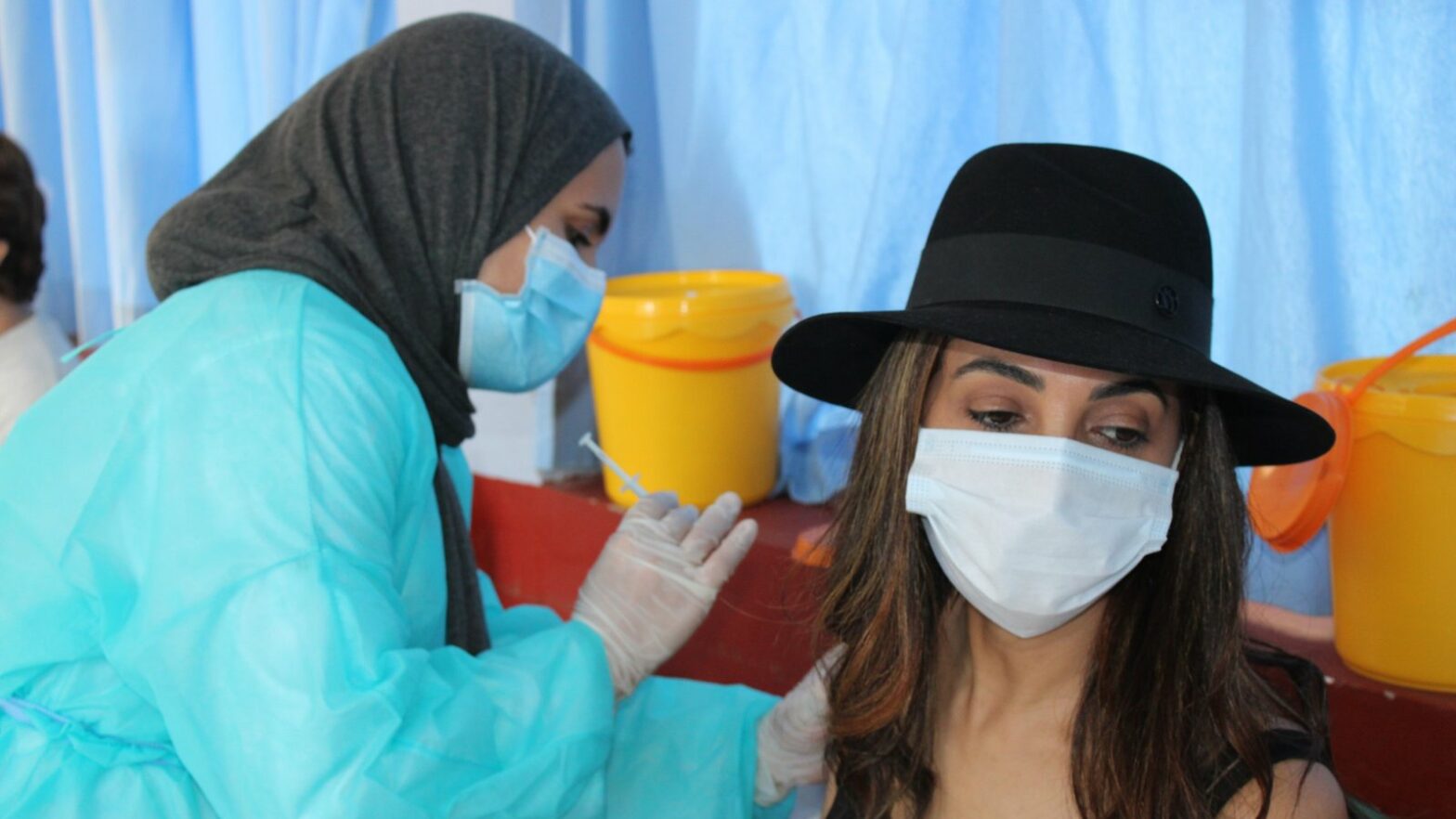The research in the present Lancet declares that global vaccination strategies have saved more or less 154 million lives in the last 5 years – enough to save 6 life a second. Nearly all lives saved (101 million) were infants.
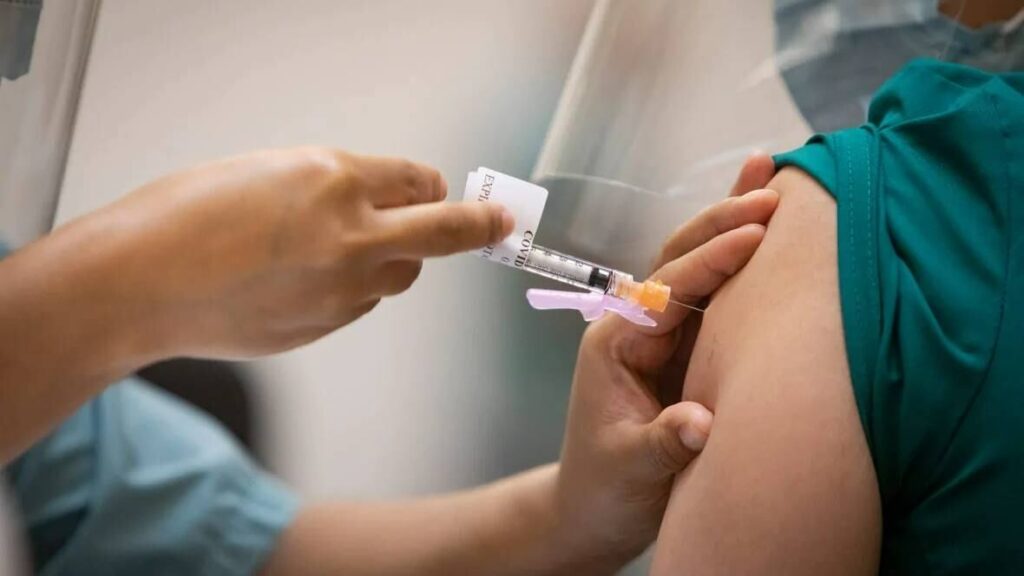
The World health Organization (WHO) research indicates that immunization is the single greatest Health intervention for guaranteeing Health in babies from birth to adulthood.
It achieved the biggest achievement in reducing infant mortality – sixty% of lives saved by vaccination was through the measles vaccine. The vaccine likely will remain the mainstay in preventing future deaths.
Vaccines from fourteen diseases have in the last fifty years helped to lowering child mortality of 40% globally and also over half in the African Region.
WHO Director General Dr Tedros Adhanom Ghebreyesus stated :’ Vaccines are among the most transformative inventions of all time – they are able to stop illnesses which previously had been regarded as terrifying. Smallpox is wiped out through vaccines, polio is practically eradicated and also vaccines for illnesses including cervical cancer and malaria are advancing disease prevention. We can save numerous lives today and in the future by doing constant research, working and investing together. “
The study determined that immunization saves lives and offers on average 66 years of good living for each one saved, equivalent to 10.2 billion years of health more than fifty yrs. Today more than twenty million individuals are able to now walk with no fear of becoming paralyzed – and the world is getting closer to getting rid of polio entirely because of the polio vaccine.
The rise in children’s survival emphasizes the importance to keep worldwide immunization improvement and get to the 67 million kids that didn’t get all their vaccines throughout the pandemic.
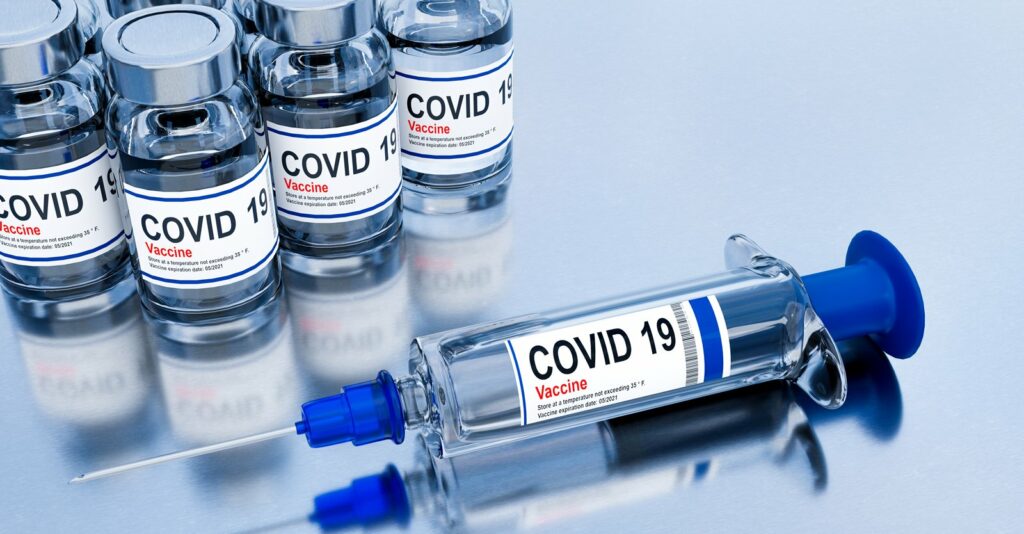
The past fifty years have seen excellent advancements in expanding vaccinations.
Its publication, released just before the 50th anniversary of the Expanded Programme on Immunization (EPI) in May 2024, represents probably the most in depth examination of the program’s global and local health effects since its launch fifty years ago.
In 1974 the Expanded Program on Immunization (EPI) was established by the World Health Assembly and vaccinates children against eradication – cured diseases including smallpox, tuberculosis, tetanus, polio, pertussis, measles and diphtheria. The current Program, called the Essential Immunization program, now recommends vaccination against thirteen diseases for everyone and tailors recommendations for another 17 diseases. This extends immunization beyond children to adolescents and adults.
The findings indicate that under 5% of worldwide babies have been exposed to regular vaccinations when EPI was implemented. These days, 84% of babies have had 3 doses of the diphtheria, tetanus, and pertussis (DTP) vaccine, which is a worldwide indicator of vaccination prevalence.
Measles vaccines have saved almost 94 million of the estimated 154 million deaths since 1974. No serving of the measles vaccine was given to 33 million kids by 2022. A further eleven million individuals missed their 2nd dose and almost twenty two million didn’t have their 1st dose.
To stop community outbreaks you require a vaccination rate of ninety five% or more with 2 doses of the measles vaccine. Nowadays the world vaccination rate for the very first dose of the measles vaccine is 83% and the 2nd dose is 74%. This has led to remarkable rise in global outbreaks.
UNICEF is an international vaccine customer, buying over two billion vaccines each year for almost one half of all kids worldwide. Additionally, it offers vaccinations to the most dispersed and underserved communities so that everybody can obtain vaccinations.
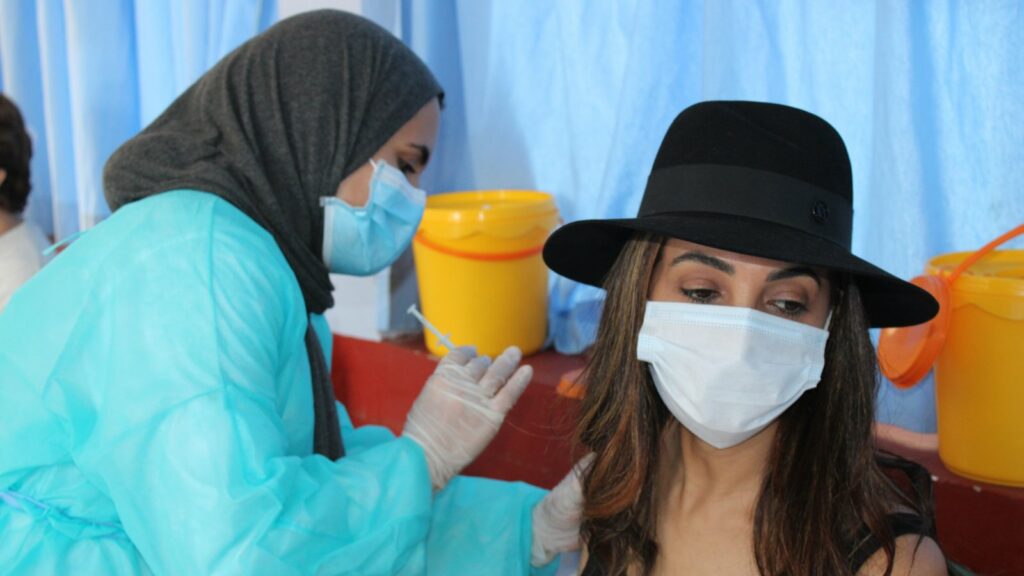
UNICEF Executive Director Catherine Russell said vaccinations are making more kids live and flourish beyond the age of five than in the past. The impressive success is an outcome of the efforts of governments, community members, medical staff, researchers, partners, volunteers and parents to safeguard kids from potentially fatal diseases. We have to continue with this progress and ensure that most kids get these vital shots wherever they are.
Gavi, an effort of the World Health Organization, UNICEF and also the Melinda and Bill Gates Foundation that was initiated in 2000, aims to enhance the efficacy of the Expanded Program on Immunization (EPI) and also assist low income countries expand vaccine coverage, obtain new vaccines and also guard against much more preventable illness. The greater emphasis on the worldwide most vulnerable regions has saved more lives and promoted the cause of equal access to vaccines. These days Gavi safeguards a generation of kids with vaccines for twenty infectious diseases, Ebola, measles, including HPV, yellow fever and meningitis.
Dr Sania Nishtar, CEO of the Vaccine Alliance and cofounder of Gavi stated the organization was developed to complement the partnership and improvement of the EPI system and also to offer greater safety for the world’s most vulnerable patients. We have observed incredible progress in just more than 2 decades – safeguarding over a billion kids, halving childhood mortality in these countries and also producing vast amounts of dollars in returns. Investing in vaccines is the best method to guarantee that everyone, regardless of birthplace, has a bright future. It’s crucial that we secure enough funding for these initiatives to be able to safeguard the advancements already attained and aid countries in dealing with the present obstacles facing their vaccination programs.
This wide reach and coverage have led to vaccination programs turning into a vital element of primary healthcare services in communities and nations. They offer vaccination opportunities and essential services including nutritional support, maternal tetanus prevention, health screening and bed nets to safeguard families from illnesses like malaria.
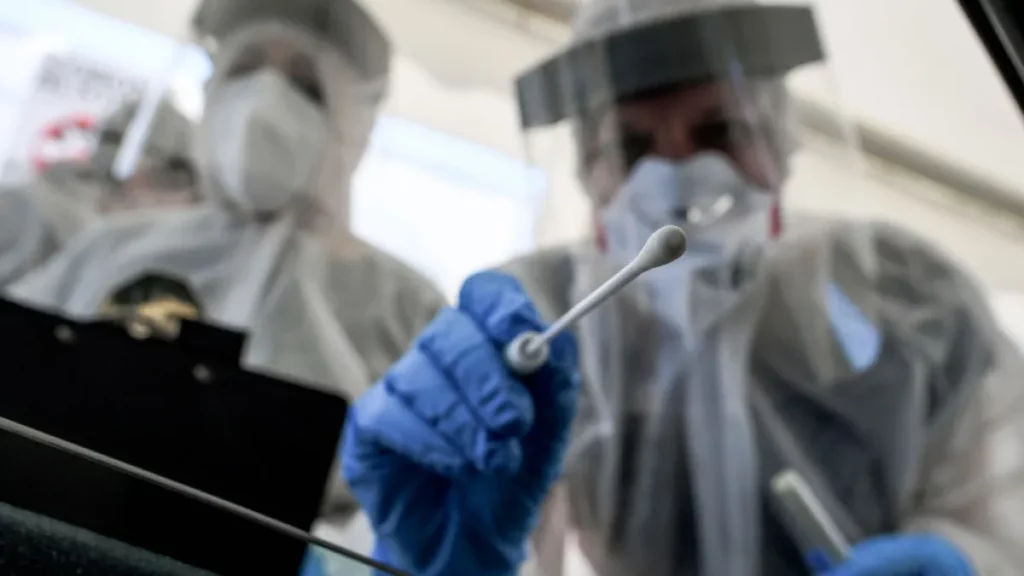
The study reports only on the health advantages of vaccines for fourteen diseases and also comes with a conservative estimate of lives saved instead of an overarching assessment of the general effect of vaccinations on life saving. Social, educational and economic change likewise contributed to a decline in mortality throughout the last fifty years, adding to improvements in overall health. Today there are vaccines to prevent over 30 severe illnesses.
The HPV vaccine, which prevents cervical cancer in adults, wasn’t investigated but can help in upcoming mortality reductions as nations work for universal vaccination by 2030. New vaccines against diseases including malaria, meningitis, cholera, Ebola, COVID-19 and RSV and their usage during outbreaks will continue saving lives within the next fifty years.
Humans could save millions more.
Global vaccination initiatives have shown the potential for co-operation and inter – stakeholder collaboration, including government leaders, health organizations at all levels, researchers, non-profit organizations, companies and local communities.
These days WHO, UNICEF, Gavi and BMGF are launching a joint campaign titled “Humanly Possible” in celebration of World Immunization Week (twenty four April to 30 April 2024). The global communication initiative is asking leaders to motivate, reward and invest in lifesaving vaccines and vaccination programs. This demonstrates their concern for public health and also recognises a great accomplishment for humanity. Within the next fifty years, EPI will have to concentrate not simply on immunizing freshly vaccinated kids but also older adults from the flu, mothers from tetanus, teenagers from HPV and everybody from TB along with other infectious illnesses.

Dr Chris Elias, president of worldwide Development for the Melinda and Bill Gates Foundation said the vaccine had advanced in the past fifty years because governments, international partners and healthcare workers worked making them much more widely accessible. “This incredible progress must not be slowed down. By continuing to support immunization initiatives, we can assure that every person and every child can have a healthy life.
